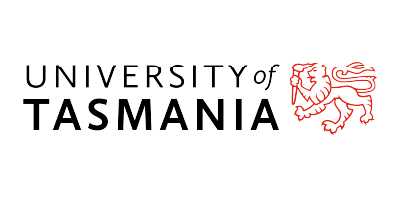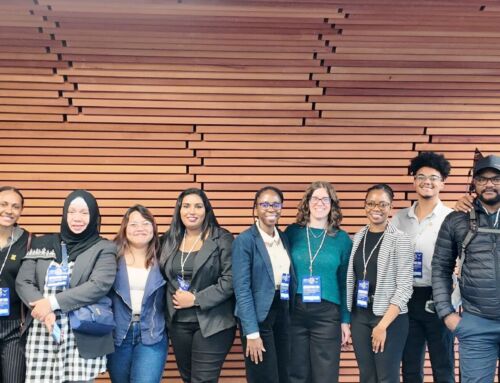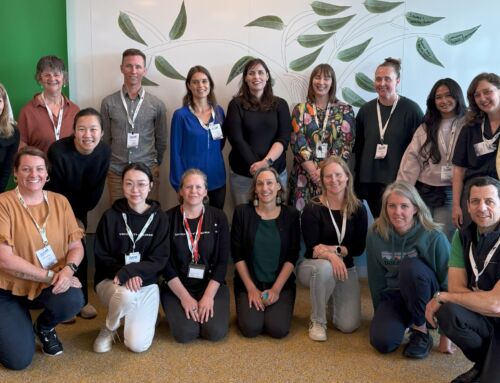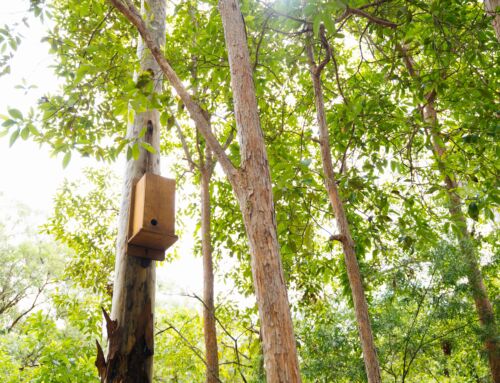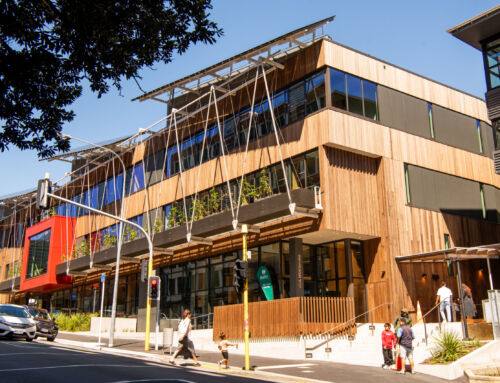The University of Tasmania (UTAS) has reaffirmed its position as a leader in sustainability and climate action with the launch of a free online short course, The Climate Shift: Exploring Science, Empowering Action. This innovative program is designed to make climate education globally accessible and action-oriented, empowering individuals to respond effectively to the urgent challenge of climate change.
Developed by over 45 academics and professional staff across diverse disciplines, The Climate Shift is a 20-hour, self-paced Massive Open Online Course (MOOC) that explores the science, impacts, and solutions to climate change. Participants gain insights into the environmental, social, economic and technological dimensions of the crisis, grounded in cutting-edge research from UTAS.
Available free of charge, the course ensures that anyone, anywhere in the world, can access high-quality climate education. Learners who complete the course receive a digital badge, verifying their skills and encouraging the application of their learning in real-world contexts.
Empowering Individuals for Real-World Impact:
The course focuses not only on understanding climate change but also on enabling practical action. Through case studies, reflection activities, and applied learning modules, participants are supported to make climate-informed decisions in their homes, communities, and workplaces.
UTAS Vice-Chancellor Professor Rufus Black explains:
“In a world where the real climate is heating fast but the political climate for action is cooling, it is critical we equip people with the facts and the tools to act. We are a university that is world-leading on this issue. Our short course makes that knowledge borderless and available free to all.”
Challenges & Successes:
One of the core challenges in delivering climate education at scale is ensuring relevance, accessibility, and impact for a global audience. UTAS responded to this by creating a flexible, self-paced course format and designing content that connects scientific knowledge with real-world action.
The course is also a significant internal achievement—requiring cross-disciplinary collaboration across faculties, technical teams, and communications staff. Bringing together over 45 contributors was a logistical and creative challenge, but also one of the project’s great successes, demonstrating the university’s capacity for integrated, mission-driven education.
Feedback from early participants highlights the course’s clarity, balance, and motivational tone, positioning it as a valuable tool not just for learners, but for educators and professionals looking to embed climate literacy in their fields.
Advice for Other Institutions:
UTAS encourages other universities and education providers to view climate education as a core institutional responsibility, not an optional add-on. Key lessons from the development of The Climate Shift include:
- Start with your strengths: Leverage existing research, teaching capacity, and public engagement efforts.
- Collaborate widely: Involve interdisciplinary teams to ensure comprehensive, engaging content.
- Make it accessible: Remove financial and geographic barriers to participation.
- Empower action: Focus on outcomes that help learners translate knowledge into tangible impact.
By embedding climate action into its academic offerings, UTAS has created a scalable model that other institutions can adapt and build upon.
The Climate Shift exemplifies how universities can use their expertise to equip citizens with the tools to understand and act on the climate crisis. It reflects UTAS’s broader vision of sustainability leadership through education, engagement, and empowerment.
To learn more or enrol, visit The Climate Shift: Exploring Science, Empowering Action


